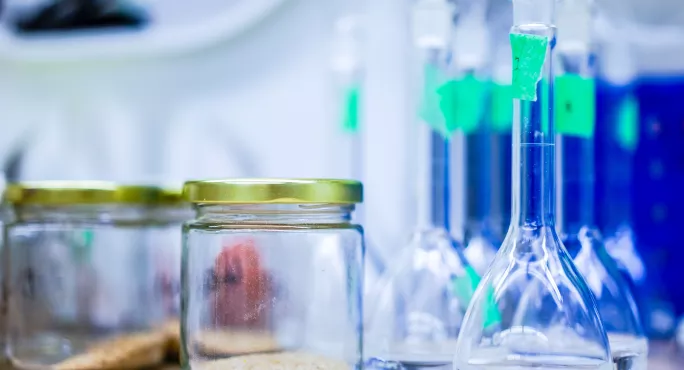More than a quarter of GCSE pupils do practical science work less than once a month or never, a new study has found.
Many pupils would like to do more practicals in lessons, it reveals, although it also shows that some do not understand the purpose behind the work they are asked to do.
The report, published by the Wellcome Trust, also suggests that young people are less likely to do science experiments if they are from a more disadvantaged background, and if they choose to take single science.
Hilary Leevers, the charity’s head of education and learning, said it was “unacceptable” that some youngsters were not doing much practical work.
The report, which questioned 4,081 14 to 18-year-olds - including more than 2,000 taking their GCSEs - found that under half (45 per cent) of those taking the qualifications said they did hands-on practical work in science lessons at least once a fortnight.
Around 29 per cent said that they did so less than once a month, or never, the study found.
More than half (58 per cent) wanted to do more practicals in class. This was more common among those taking single science, which counts as one GCSE.
Over a fifth (22 per cent) said that “a lot of the time” they simply follow instructions when they do experiments, without understanding the purpose of the work.
The exams regulator Ofqual decided to stop practical work from contributing to overall grades in the reformed science GCSEs, which started being taught in September last year, despite strong opposition from the sector.
The Wellcome research, which was carried out in summer 2016, covered the old science GCSEs - so the impact of the new qualifications on the quality and quantity of practical work is yet to be seen.
A breakdown of the statistics shows that young people’s experience of practical work - which also includes fieldwork - depends heavily on the course they take and their background.
Around 83 per cent of triple science students - which counts as three GCSEs - had done more advanced practicals, such as designing and conducting their own experiment, compared with 62 per cent of single science pupils.
Just over a third (36 per cent) of GCSE youngsters from the most deprived areas reported doing hands-on practical work at least once a month, compared with 54 per cent of those from the wealthiest areas.
Dr Leevers said: “It’s great to see the positivity that so many young people have towards learning science. Young people said that practical work encourages them to learn science and most want to do more.
“It is absolutely unacceptable that over a quarter of 14 to 16-year-olds said that they are doing practical work less than once a month.
“At the very least, all schools should ensure that they join the half of schools giving their students hands-on science at least once a fortnight. Assessment drives teaching and we are working with partners to support practical science and recently announced funding for research aimed at improving its assessment.”
Want to keep up with the latest education news and opinion? Follow TES on Twitter and like TES on Facebook




